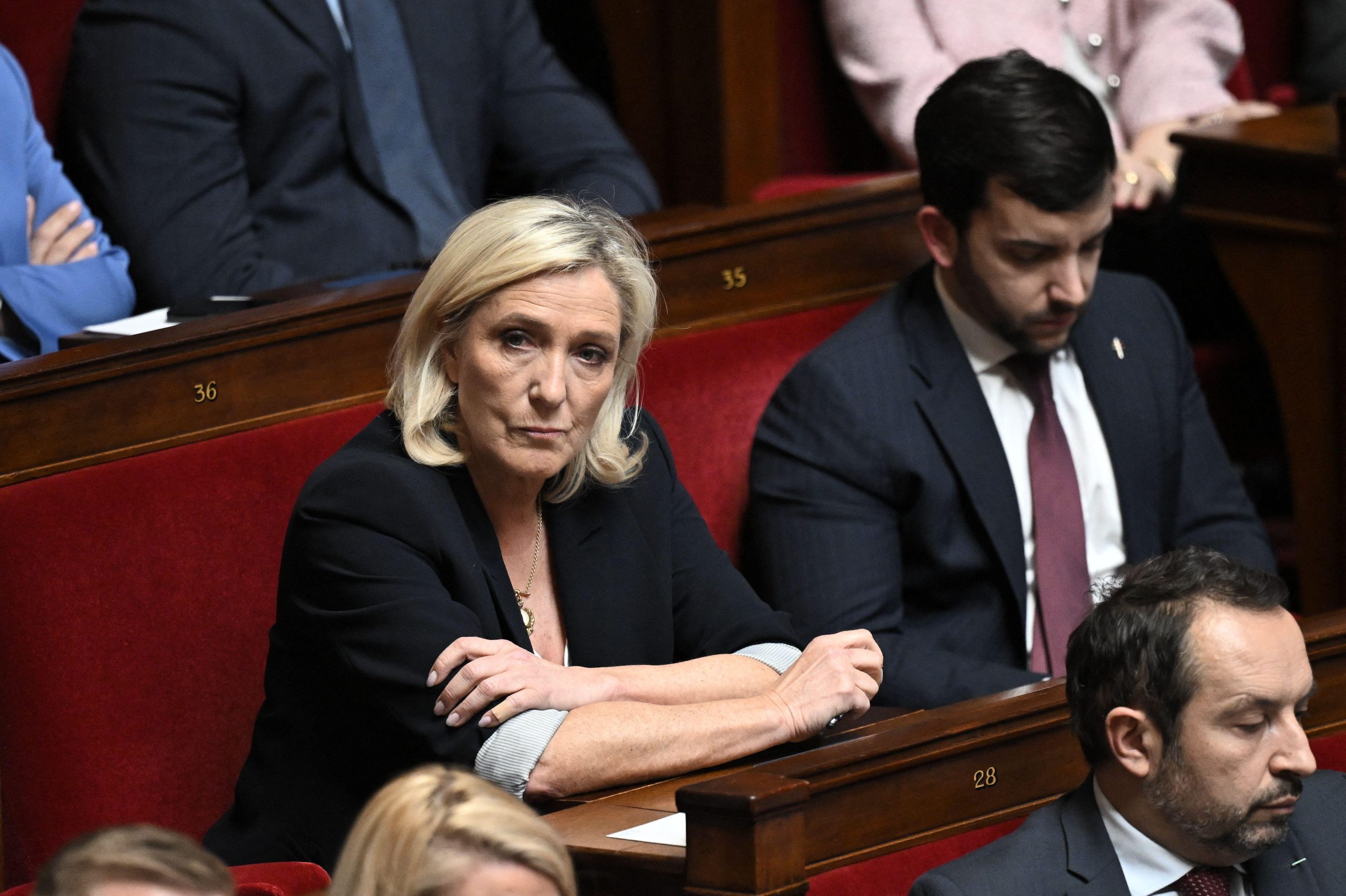In the age of online information, it can feel harder than ever to stay informed. As we get bombarded with news from all angles, important stories can easily pass us by. To help you cut through the noise, every Friday Index will publish a weekly news roundup of some of the key stories covering censorship and free expression from the past seven days. This week, we look at targeted families of activists in two parts of the world and how the US president is punishing those who defy him.
Activists under pressure: Human rights defenders in Balochistan face new threats
On 5 April, the father of Baloch human rights defender Sabiha Baloch was arrested by Pakistani authorities, and his whereabouts are currently unknown. This has been widely considered as an attempt to silence Sabiha Baloch, who advocates for the rights of Baloch people, in particular against the killings, enforced disappearances and arbitrary arrests that have been happening for years.
There are reports that authorities refuse to release Baloch’s father until she surrenders herself, and raids are being carried out in an attempt to arrest her. This is not the first attempt to silence her. Other family members have previously been abducted and held in detention for several months.
Two days later on 7 April, another Baloch human rights defender, Gulzadi Baloch, was arrested. It is believed that her arrest was particularly violent, and that she was beaten and dragged out onto the street. Both women are members of the Baloch Yakjehti Committee, which advocates for human rights for Baloch people. Its founder, Mahrang Baloch, was arrested on 22 March along with 17 other protesters, after they staged a sit-in to demand the release of members of their group. During the crackdown, at least three protesters were reportedly killed.
Towing the line: Trump gets to work silencing critics
US President Donald Trump has made several attempts to silence or punish his critics this week. On 9 April, he signed an executive order placing restrictions on the law firm Susman Godfrey, including limiting attorneys from accessing government buildings and revoking security clearances. The firm represented Dominion Voting System in their defamation lawsuit against Fox, accusing the media company of lying about a plot to steal the election and claiming Dominion was involved. It ended with Dominion getting a $797.5m settlement in April 2023. This week’s move comes after Trump took similar measures to target five more law firms, connected with his political rivals.
The next day, Trump took aim at former homeland security officials, Miles Taylor and Chris Krebs, who both served in Trump’s first administration and both publicly spoke out against Trump’s election fraud narrative.
Taylor turned whistleblower in 2018, anonymously speaking out in a New York Times article and after quitting writing a book, before eventually revealing his identity. Trump has accused him of leaking classified information. Krebs, whose job it was to prevent foreign interference in elections, corrected rumours about voter fraud in the 2020 election, and was subsequently fired by Trump. Trump has ordered the Department of Justice to investigate the two men, and revoke their security clearances.
Attorney and former congresswoman Liz Cheney described the move as “Stalinesque”. As he signed the executive orders, Trump took the opportunity to repeat lies about a stolen election.
Not safe to report: Journalists killed as Israeli airstrike hits media tent
On Monday, an Israeli airstrike hit a tent in southern Gaza used by media workers, killing several journalists and injuring others. The journalists killed were Hilma al-Faqawi and Ahmed Mansour, who worked for Palestine Today, wth Mansour dying later following severe burns. Yousef al-Khozindar, who was working with NBC to provide support in Gaza, was also killed.
Reuters say they have verified one video, which shows people trying to douse the flames of the tent in the Nasser Hospital compound. The Committee to Protect Journalists and the National Union of Journalists have denounced Israel’s strike on the journalists’ tent.
The Israel Defense Forces wrote on X: “The IDF and ISA struck the Hamas terrorist Hassan Abdel Fattah Mohammed Aslih in the Khan Yunis area overnight” … “Asilh [sic], who operates under the guise of a journalist and owns a press company, is a terrorist operative in Hamas’ Khan Yunis Brigade.”
The deaths add to the growing number of journalists and media workers who have been killed in the conflict since 7 October 2023, which the International Federation of Journalists place at over 170. The journalists killed are Lebanese, Syrian, Israeli and overwhelmingly Palestinian. Journalists are protected under International Humanitarian law. This is vital not only for the safety of individuals, but so that accurate information can be broadcast locally and internationally.
Whistleblowing triumphs: Apple settles unfair labour charges
Whistleblower Ashley Gjøvik came out on top on 10 April, when Apple agreed to settle labour rights charges after she claimed their practices were illegal, including barring staff from discussing working hours, conditions and wages, and speaking to the press.
Gjøvik was a senior engineering programme manager at the tech giant, when she raised her concerns about toxic waste under her office. She was fired after engaging in activities that should be protected under labour rights laws. She was let go after supposedly violating the staff confidentiality agreement.
In a memorandum, Gjøvik highlighted that there is still plenty to be concerned about. She wrote: “The settlement’s policy revisions, while significant—do not address several categories of retaliation and coercive behavior that remain unremedied or unexamined, including: surveillance, email interception, and device monitoring in relation to protected activities; threats or internal referrals aimed at chilling protected disclosures; and retaliation based on public statements regarding working conditions.”
Circles of influence: Hong Kong family taken in for questioning
On Thursday, the Hong Kong national security police targeted the family of Frances Hui, a staff member at the Committee for Freedom in Hong Kong (CFHK) Foundation, and a US resident.
Hui’s parents were taken in for questioning, even though Hui cut ties with them when she left for the USA in 2020. She now fights for democracy and freedom in Hong Kong, from abroad. This week’s move comes shortly after the USA placed sanctions on six Chinese and Hong Kong officials who have enforced repressive national security policies in Hong Kong.
In December 2023, Hong Kong police put out an arrest warrant for Hui, and placed a HK$1 million bounty on her head.
The CFHK Foundation said: “By placing a bounty on her and other U.S-based Hong Kong activists, the Hong Kong authorities are encouraging people to kidnap them on U.S. soil in return for a reward.”





